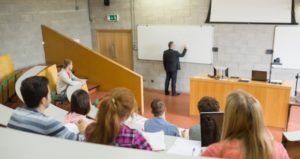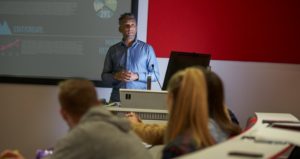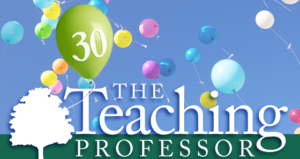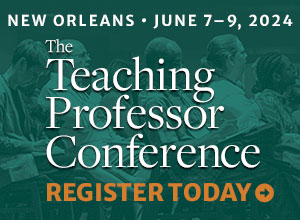
Research Highlights How Easily, Readily Students Fabricate Excuses
“My grandmother fell down on her patio and I had to go stay with her for a few days and she does not have internet or a computer and all of my research was in my dorm room …”
When students are unable to comply with some aspect of an academic task (e.g. due date, assignment length, quality of work), there is potential for them to communicate reasons as to why they were unable to complete the task to their instructor. At this point the students have a choice, in which case they can either provide legitimate reasons for not being able to complete or to submit their coursework, or they can communicate something which is a deliberate attempt to deceive the instructor. A student may communicate information designed to deceive or construct a fraudulent claim to an instructor in order to avoid the undesirable consequences (e.g. a bad grade that may hurt the student’s overall standing in a class) of not complying with the academic task. Roig and Caso (2005) found that the frequency of which providing fraudulent claims occurs in an academic environment is approximately equal to, if not greater than, more commonly identified forms of academic dishonesty such as cheating and plagiarism. Ferrari et al. (1998) indicated that fraudulent claim making was utilized by as many as 70% of American college students. However, this phenomenon has received limited empirical attention in recent time in comparison to other forms of academically dishonest behavior.






